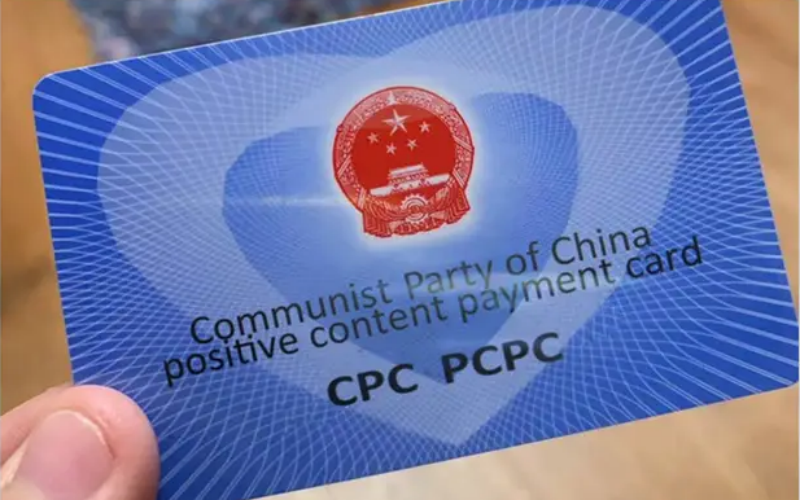Difference between before and now
Share transfer to third parties
Before
Regarding the transfer of shares to a third party, the new Sino foreign joint venture law has more detailed requirements:
If the shareholders of SFJV transfer all or part of their shares, all parties in the transaction have the right of first refusal.
Moreover, the conditions for this transfer cannot be more favourable to others outside of SFJV.
And the transfer is invalid if it violates the regulation.
In the old law, shareholders can transfer their shares to others. However, a majority of other shareholders must approve this transfer.
For other shareholders who have not responded, if they give a response within 30 days after receiving the transfer notice, the company will also treat them as consent. If there are shareholders who disagree, they will buy this share.
But, if some shareholders do not give a reply, this is a serious obstacle to the equity transfer.
However, in response to this issue, China issued new regulations later.
But, this new regulation still does not clearly state the conditions for agreeing to transfer.
Therefore, the old law can easily cause disputes on the issue of transfer.
The formulation of the new Sino foreign joint venture law has given a better solution to this problem.
After
The formulation of the law has given a better solution to this problem.
Profit distribution
In terms of profit distribution, all parties in the company will distribute as much profit as their contribution to the registered capital. Therefore, if the company’s situation changes, this profit distribution situation is difficult to change.
After the implementation of the new law, all parties to the company can change the profit distribution by formulating the articles of association. And these allocations are all valid.












